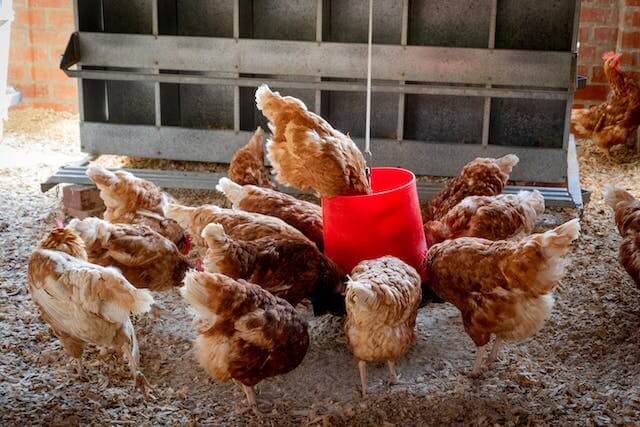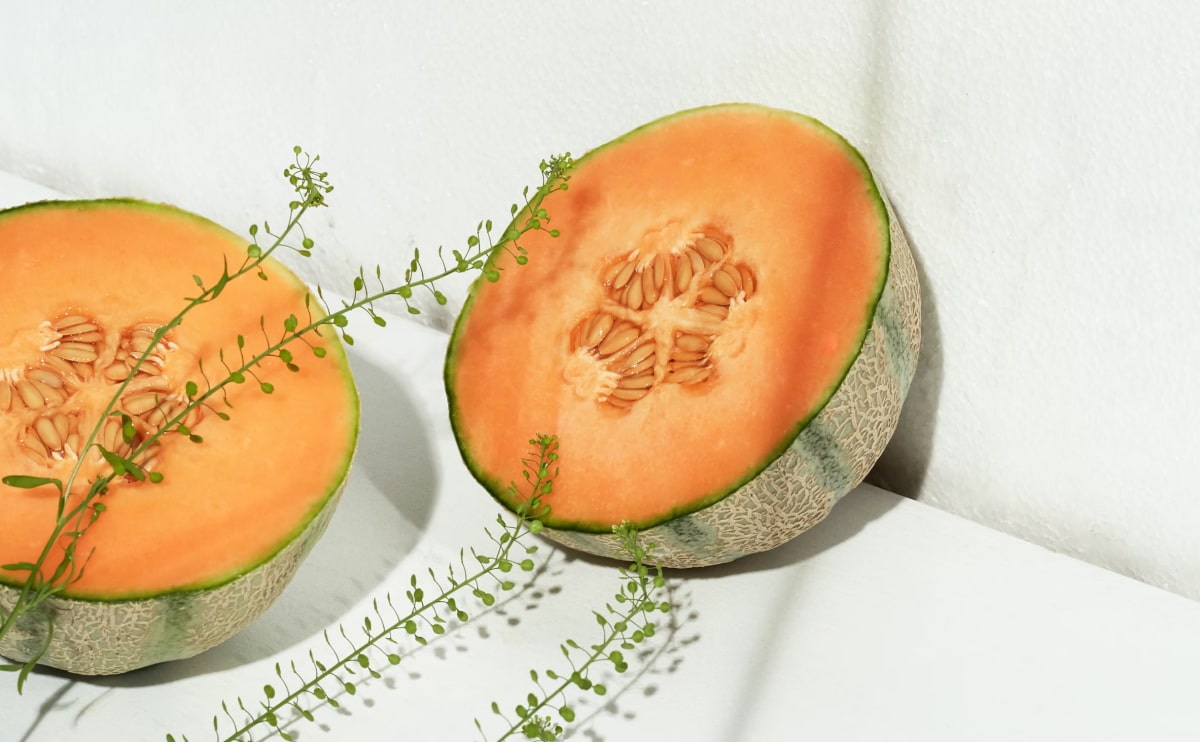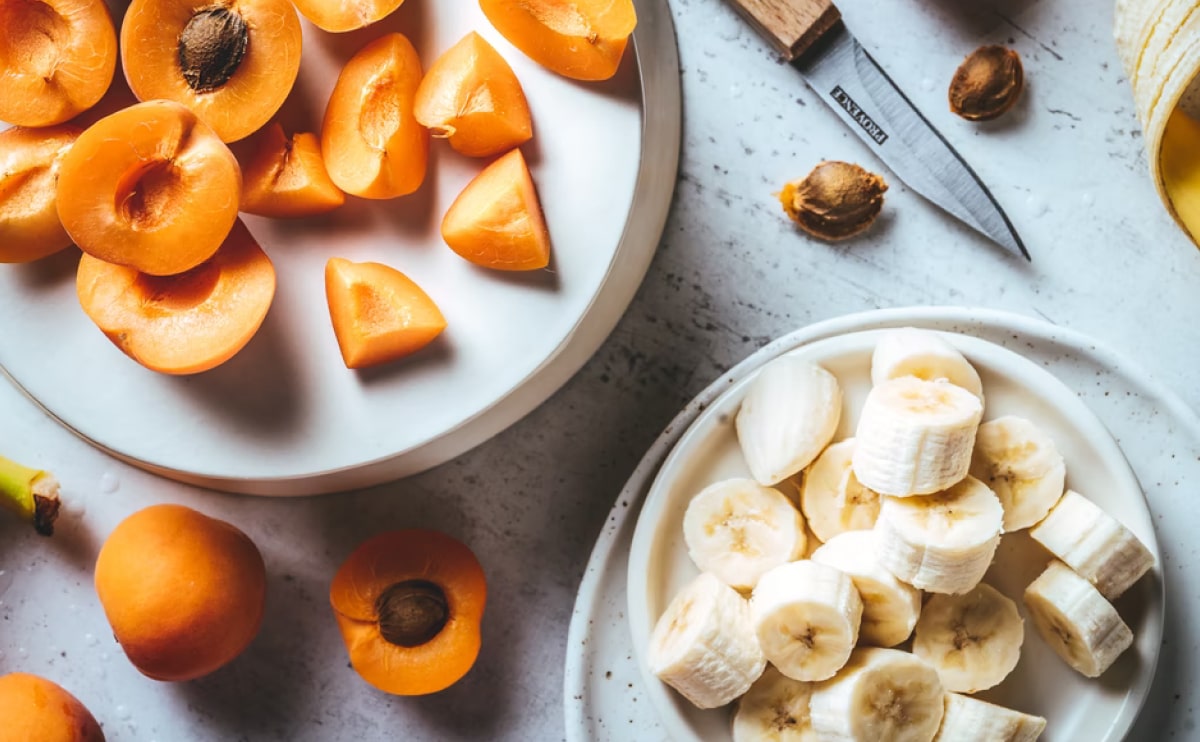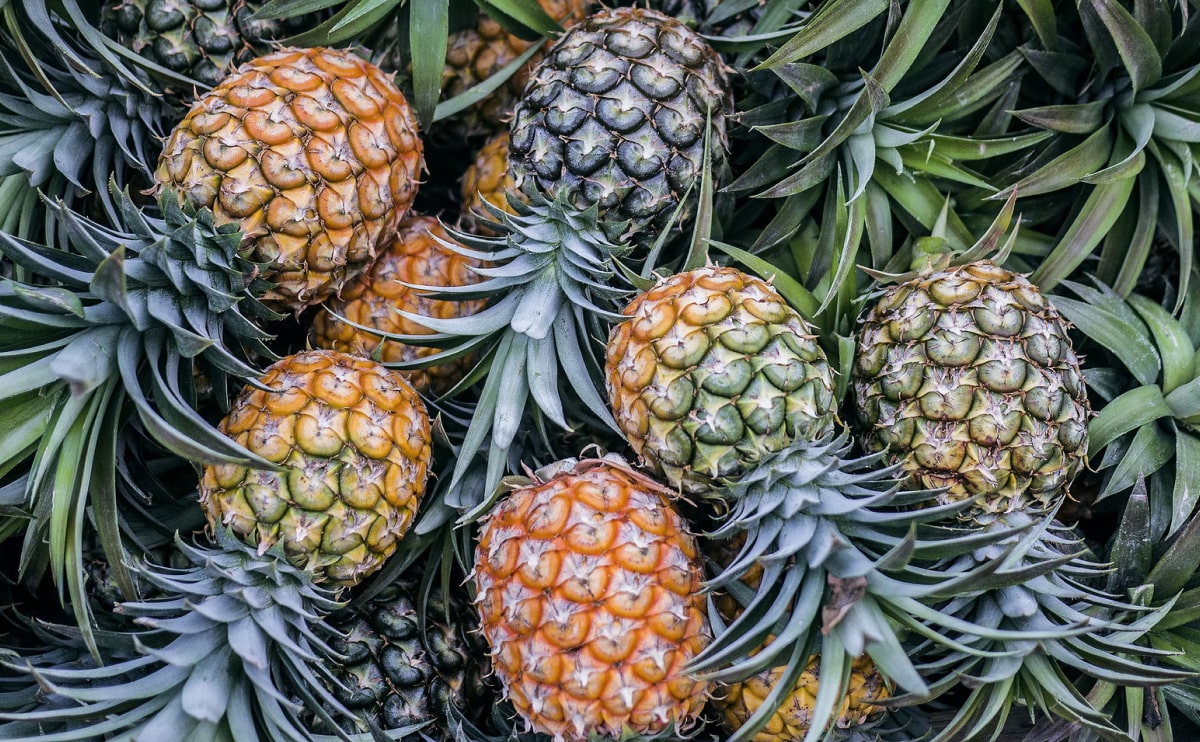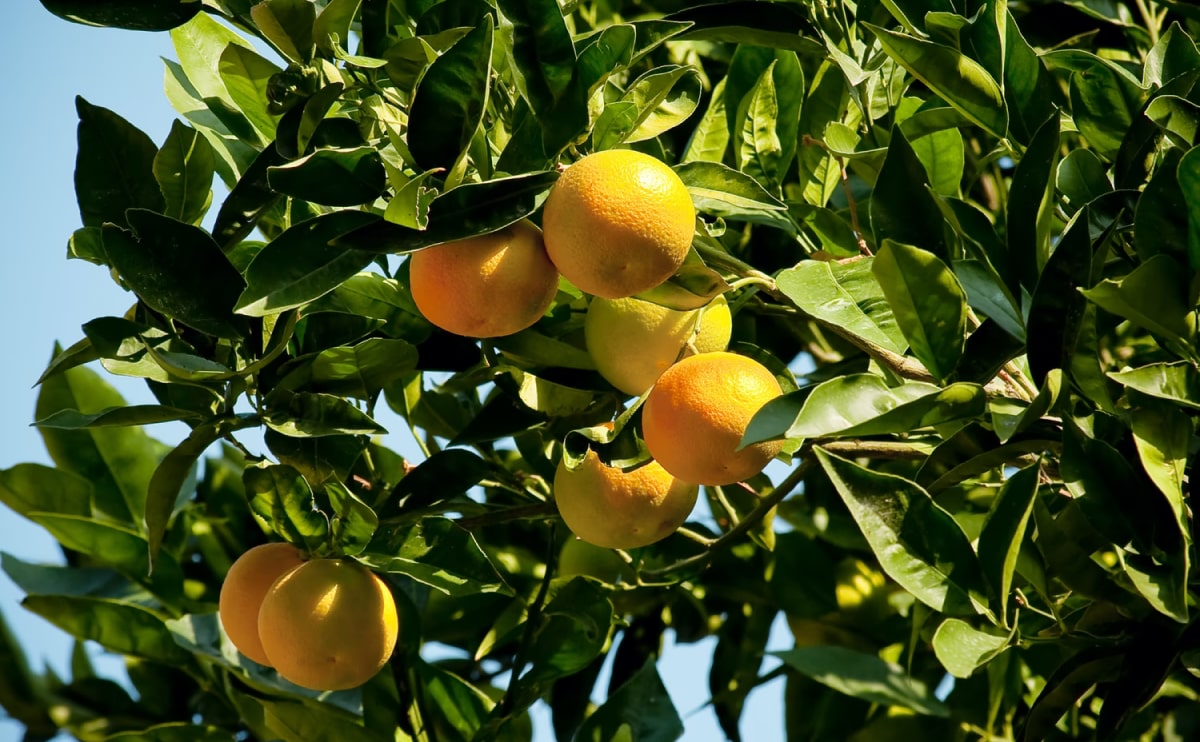Terms And Conditions Of Service
1. Preamble
This Agreement, henceforth referred to as the “Terms and Conditions” (“T&Cs”), delineates the legally binding stipulations governing the utilization of Shamar Organics LLC’s online marketplace (henceforth referred to as the “Platform”). By accessing, navigating, or engaging in transactions via this Platform, all entities—whether individuals, businesses, or representatives thereof (collectively, “Users”, “Vendors”, or “You”)—implicitly and unequivocally assent to be bound by these T&Cs and all concomitant legal instruments and statutes.
Comment: Throughout this agreement, Shamar Organics” shall be referred to as the Company.”
2. Registration and Account Integrity
- Mandatory Registration: Users desiring to enlist, vend, or procure commodities via the Platform are obligated to undergo an account registration process.
- Veracity of Information: Users hereby covenant to tender accurate, contemporaneous, and exhaustive particulars during the registration phase and to promptly amend said particulars to ensure their continued accuracy and relevance.
Comment: Encourage users to ensure they create a strong, unique password to enhance account security.
3. Product Listings
- Sole Responsibility: Vendors acknowledge and accept that they bear the unassailable responsibility concerning the veracity, legality, and completeness of any product listings they promulgate.
- Termination of Listings: The Company retains an inalienable right, at its sole discretion, to modify, suspend, or terminate any listing that violates these T&Cs or is deemed detrimental to the Platform’s integrity.
Comment: Listings found to be false, misleading, or against the principles and values of the Platform’s community may be seen as detrimental to the Platform’s integrity and may be removed.
4. Contractual Undertakings
Every transaction consummated on the Platform engenders a legally binding contractual relationship. Vendors are inexorably compelled to vend the merchandise to the Purchaser at the stipulated price, while Buyers are correspondingly obligated to discharge their pecuniary responsibilities for commodities acquired.
Comment: Vendors should ensure the availability of products once they are listed. If a product becomes unavailable after a transaction is made, vendors must communicate promptly with buyers and offer alternatives or refunds.
5. Payment Architectures
The Platform proffers diverse payment modalities. Users acknowledge and affirm that they are bound not merely by these T&Cs but also by the stipulations of their elected payment mechanism.
Comment: Assure users that all payment modalities offered on the Platform adhere to high standards of encryption and security.
6. Fiscal Liabilities
Vendors may incur specific fees pursuant to the listing and vendition of items on the Platform. A comprehensive fee schedule, incorporated herein by reference, is accessible on the Platform.
Comment: This clause means that vendors might have to pay certain fees when they list or sell items on the Platform. The exact amounts and conditions of these fees are detailed in a separate document called the fee schedule, which can be found on the Platform. This might include, for example, a fee for listing an item or a percentage of a sale.
7. Logistic and Redressal Mechanisms
All logistic procedures and product redressals are unequivocally governed by our extant Shipping Policy and Return Policy, both of which are integrated into these T&Cs by this reference and are available on the Platform for users to review
8. Proprietary Rights
All content, trademarks, and intellectual property appurtenant to the Platform are the sole proprietary assets of Shamar Organics. Unauthorized appropriation or utilization there of may constitute an infringement of intellectual property statutes.
Comment: User-generated content such as product reviews, comments, or images uploaded by users remain the intellectual property of the user, but the user grants the Company a license to use, display, and reproduce such content on the Platform
9. Proscribed Conduct
Users irrevocably undertake to refrain from deploying the Platform for illicit endeavors or in manners that might debilitate, disable, or impair its operational integrity or unduly encumber other Users.
Comment: Users should refrain from behaviors like spamming, posting offensive content, or attempting to hack the platform.
10. Circumscription of Liability
In no event shall Shamar Organics LLC its associates, affiliates, or representatives, be held liable for any consequential, incidental, indirect, or punitive damages, losses, or expenses arising out of or consequent to the utilization or inability to utilize the Platform, to the fullest extent permissible by applicable law.
Comment: In no event shall the Company be liable for any indirect damages like loss of profit, revenue, or data arising out of the use of the Platform
11. Indemnity
Users hereby covenant to indemnify, defend, and hold harmless Shamar Organics, its stakeholders, affiliates, and agents, from and against all liabilities, claims, and expenses, inclusive of legal fees, arising out of their violation of these T&Cs, misuse of the Platform, or infringement of any intellectual property or other right of any person or entity.
Comment: The Company retains the right to handle its legal defense as it sees fit, in which case the user will cooperate and not make any admission or settle any claim without the Company’s prior written consent.
12. Termination of Access
Shamar Organics expressly reserves an inalienable right to rescind, suspend, or circumscribe access to the Platform for any User, devoid of prior notification, for conduct that the Company believes violates these T&Cs or is injurious to other Users, the Company, or third parties, or for any other reason.
Comment: After the termination of their access, users’ listings, reviews, or other content might remain on the platform unless explicitly removed by the user before the termination or unless the user requests its removal post-termination.
13. Amendments to the T&Cs
The Company retains the prerogative to intermittently amend, augment, or revise these T&Cs. Such modulations shall attain immediate effectuality upon their promulgation on the Platform.
14. Governing Statutes
These T&Cs shall be interpreted, governed, and construed in conformity with the extant legal statutes of the State of Texas, irrespective of its conflict of law principles.
15. Dispute Adjudication
All disputes emergent from or related to these T&Cs or the Platform shall be firstly endeavored to be resolved through amicable negotiations. In the event of irremediable discord, binding arbitration in the jurisdiction of Texas shall be invoked.
16. Communication Nexus
All queries, clarifications, or comments germane to these T&Cs should be directed towards vendorsupport@shamarorganics.com (For Vendors Only) and customersupport@shamarorganics.com (For Customers Only).
